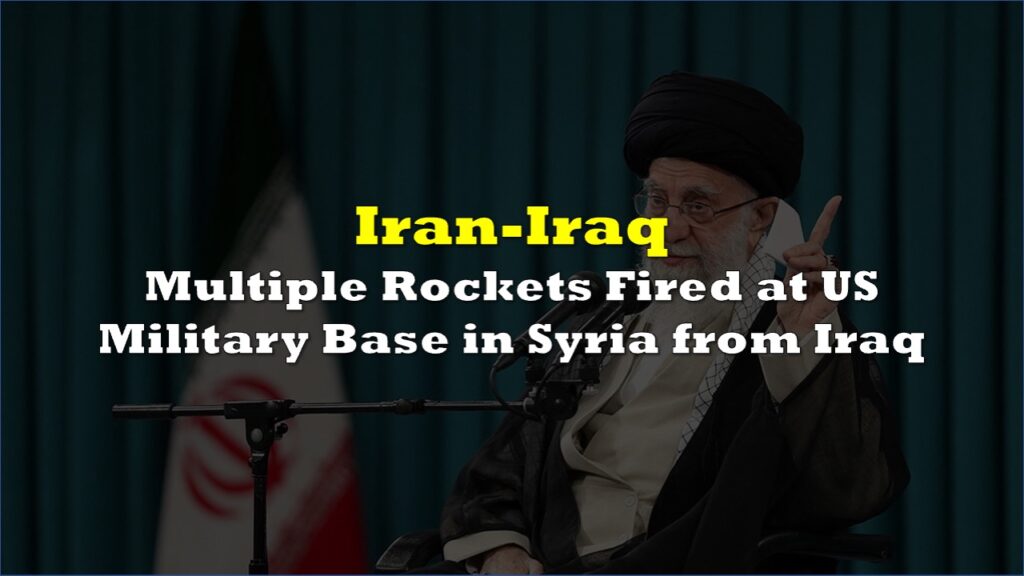In a historic development, Bashar al-Assad’s regime has fallen after 13 years of civil war and over five decades of Assad family rule. Rebel forces captured the Syrian capital of Damascus this weekend, forcing Assad and his family to flee to Moscow, where they were granted asylum by the Kremlin.
End of the Assad regime in Syria. https://t.co/KlQ7Qf66y8
— The Deep Dive (@TheDeepDive_ca) December 8, 2024
BREAKING: Assad and his family are in Moscow after being given asylum, Kremlin says – TASS
— BNO News (@BNONews) December 8, 2024
Rebel forces swept into Damascus in a 12-day campaign that began in Idlib, culminating in their control of the capital. Residents of Damascus, long under the shadow of Assad’s authoritarian rule, experienced a mix of relief and uncertainty as the rebel coalition declared a curfew across the city. Streets were largely empty except for rebel patrols, while elated fighters celebrated in central locations like Umayyad Square.
According to eyewitnesses, the capital was subdued but tense as many awaited clarity on what would come next. A fighter from Idlib, identified as part of the coalition, expressed optimism for Syria’s future now that Assad was gone. He said the focus was on restoring order and allowing state and security institutions to resume normal operations under new leadership.
Bashar al-Assad’s departure followed last-minute negotiations with opposition leaders, securing safe passage for him and his family to Russia. Kremlin officials confirmed Assad’s arrival, stating he had been granted political asylum, a move that has drawn mixed reactions globally.
The collapse of the Assad regime marks a seismic shift for Syria and the broader Middle East, offering both hope and uncertainty as a fractured nation grapples with the daunting task of rebuilding.
Epic celebrations in Hama’s Assi Square. pic.twitter.com/8mhksEmzZ7
— Abu Adib #FreeSyria (@sarabiany) December 8, 2024
Nation in Ruins
Syria emerges from more than a decade of war with profound scars. Cities like Aleppo, Homs, and Raqqa lie in ruins, their infrastructure obliterated by relentless bombing campaigns. The war has displaced over 13 million people, with millions living as refugees in Turkey, Lebanon, and Jordan. Damascus, though spared the destruction seen in other parts of the country, is now a city reckoning with the consequences of decades of repression and years of conflict.
Hayat Tahrir al-Sham (HTS), the group leading the rebel coalition, remains a polarizing force. The group, formerly affiliated with al-Qaeda, has spent years trying to rebrand itself and position its leadership as capable of governing a diverse and fractured country. Speaking to crowds gathered at the Umayyad Mosque, HTS leader Abu Mohammed al-Golani called the capture of Damascus a historic victory and promised to work toward rebuilding the nation. He framed the moment as the beginning of a new chapter for Syria and the broader region.
Despite these declarations, there is widespread skepticism, particularly among minority groups like Alawites, Christians, and Kurds, about whether HTS and its allies can deliver on promises of inclusivity and reconciliation. Early reports from rebel-controlled areas, such as Latakia, suggest a cautious approach, with rebels disarming regime loyalists without resorting to widespread retribution.
The collapse of the Assad regime reverberates far beyond Syria’s borders. Russia and Iran, Assad’s principal allies during the conflict, have suffered a major blow to their regional influence. Moscow’s military intervention in 2015 was critical to propping up Assad’s regime, and Russia’s naval base in Tartus remains a key strategic asset. However, Assad’s ouster weakens Russia’s foothold in Syria and adds to the strain on the Kremlin as it continues to deal with the fallout from its war in Ukraine.
Iran, which relied on Syria as a corridor for supporting Hezbollah and other proxy forces, also faces diminished leverage in the region. Israel, which has targeted Iranian-backed forces in Syria with airstrikes in recent years, welcomed Assad’s fall as a strategic victory. Israeli officials noted that the decimation of Hezbollah’s forces in Syria over the past year was a key factor in weakening Assad’s regime.
Turkey, a long-time backer of the Syrian opposition, now finds itself in a stronger position. With northern Syria under its control and millions of Syrian refugees residing within its borders, Turkey is poised to play a leading role in shaping Syria’s future. President Recep Tayyip Erdoğan has emphasized the need for stability and the safe return of refugees to Syria, signaling Ankara’s intention to remain deeply involved in the country’s reconstruction.
Meanwhile, the United States has stepped up military operations to counter the potential resurgence of extremist groups. President Joe Biden confirmed that U.S. forces carried out dozens of airstrikes on ISIS camps in Syria on Sunday, targeting cells and infrastructure that could exploit the post-Assad vacuum. Biden underscored the importance of remaining vigilant, noting that ISIS could attempt to capitalize on the instability to regain strength.
BREAKING: "At long last the Assad regime has fallen" per @POTUS Joe Biden
— Jeff Seldin (@jseldin) December 8, 2024
"The fall of the regime is a fundamental act of justice" he says, adding, "It's also a moment of risk & uncertainty" for Syria and the region
Humanitarian Crisis
Millions of Syrians remain displaced, and large parts of the country are uninhabitable. The international community faces the urgent task of coordinating humanitarian aid to address immediate needs while laying the groundwork for long-term reconstruction.
Organizations like the White Helmets are already mobilizing to search for hidden detention centers and provide assistance to recently released political prisoners. The United Nations has called for increased funding to address critical shortages in food, medical supplies, and shelter. However, rebuilding Syria will require not just financial aid but also systemic reforms to tackle corruption and foster sustainable development.
The potential for sectarian violence remains a significant concern, particularly for the Alawite minority that formed the backbone of Assad’s regime. Early reports suggest that rebel forces have avoided widespread reprisals, focusing instead on disarming loyalists and restoring basic services. However, the risk of localized violence and revenge killings persists, and efforts to promote reconciliation will be essential to prevent further bloodshed.
One pressing issue is the fate of Syria’s chemical weapons stockpiles. The Assad regime was accused of using chemical agents in attacks that killed thousands of civilians, most notably in Ghouta in 2013. Ensuring that these weapons do not fall into the hands of extremist groups is a top priority for the international community.
Biden has called for Assad to face accountability for his regime’s atrocities, including mass torture, extrajudicial killings, and the use of chemical weapons. Human rights organizations have spent years documenting these abuses, and there is growing momentum for international tribunals to prosecute those responsible.
The fall of Assad marks the end of one of the most repressive regimes in modern history, but it also ushers in a period of uncertainty. The diverse coalition that ousted Assad must now transition from a military alliance to a governing body capable of addressing the needs of a divided and war-weary nation.
Information for this story was found via Reuters, The Guardian, and the sources mentioned. The author has no securities or affiliations related to the organizations discussed. Not a recommendation to buy or sell. Always do additional research and consult a professional before purchasing a security. The author holds no licenses.









